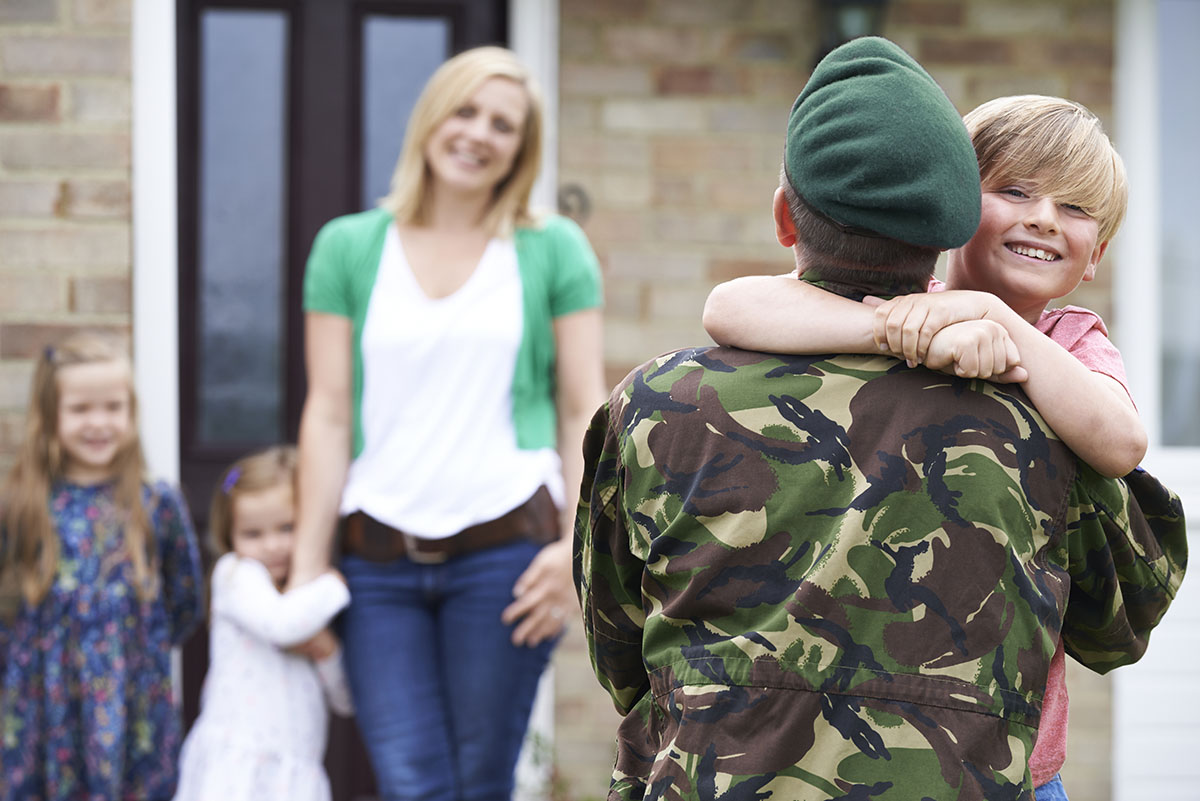There is a growing view that teachers in England are more stressed than other teachers worldwide. This view is backed up by some recent research and appears to be due to several factors.
Indeed, teachers who leave cite work-life balance and pressure as critical factors in their decision to leave the profession.
Let’s look at what the research has found to be the crucial issues that negatively affect our teachers and cause them stress.












